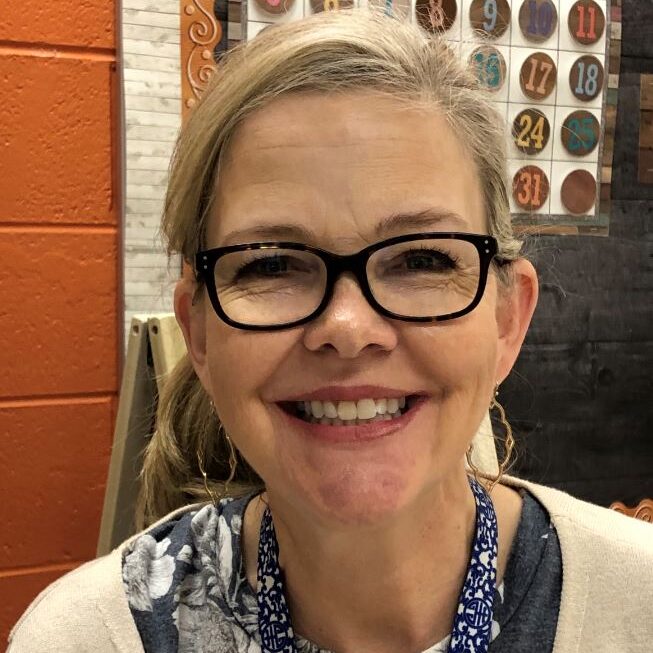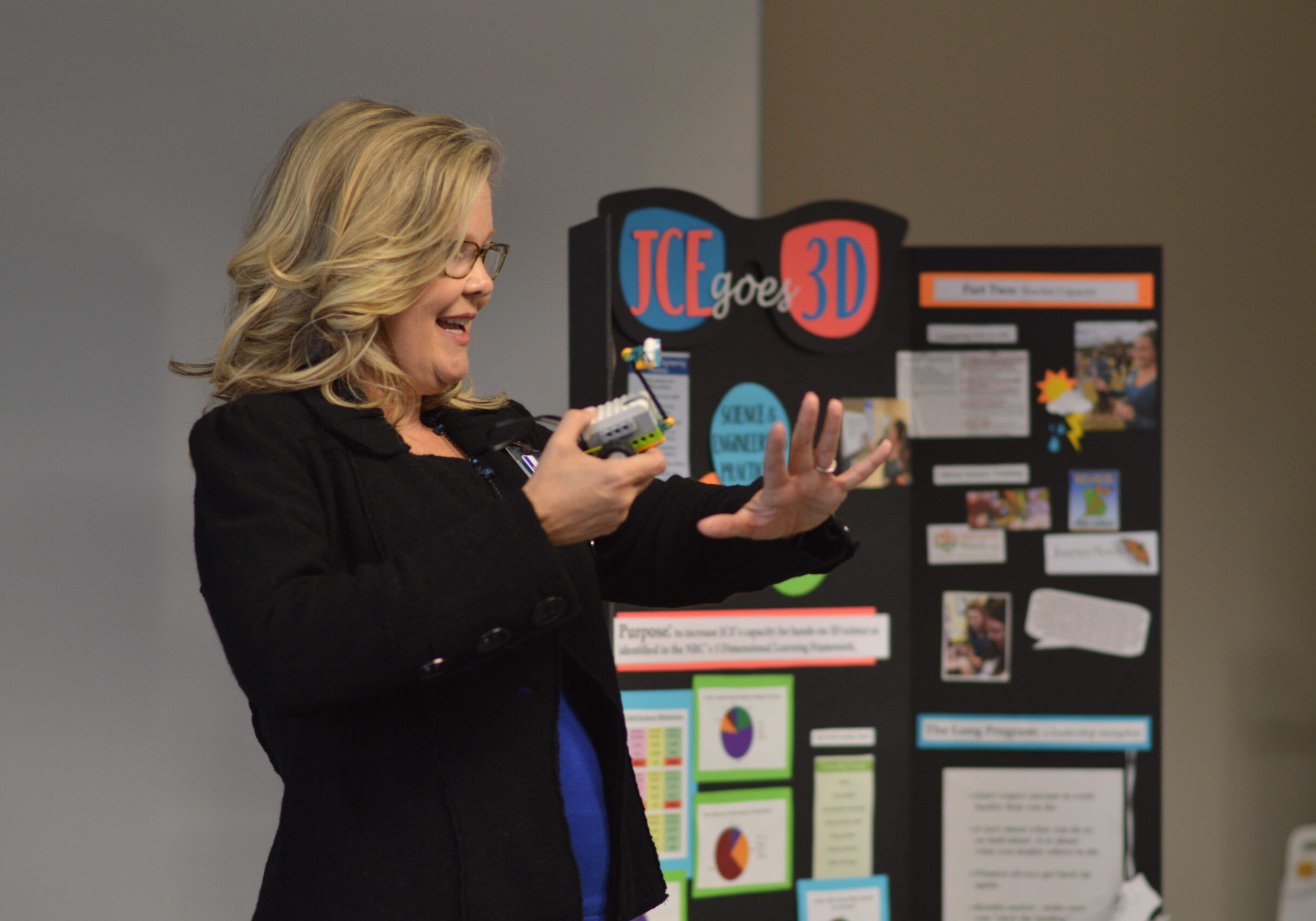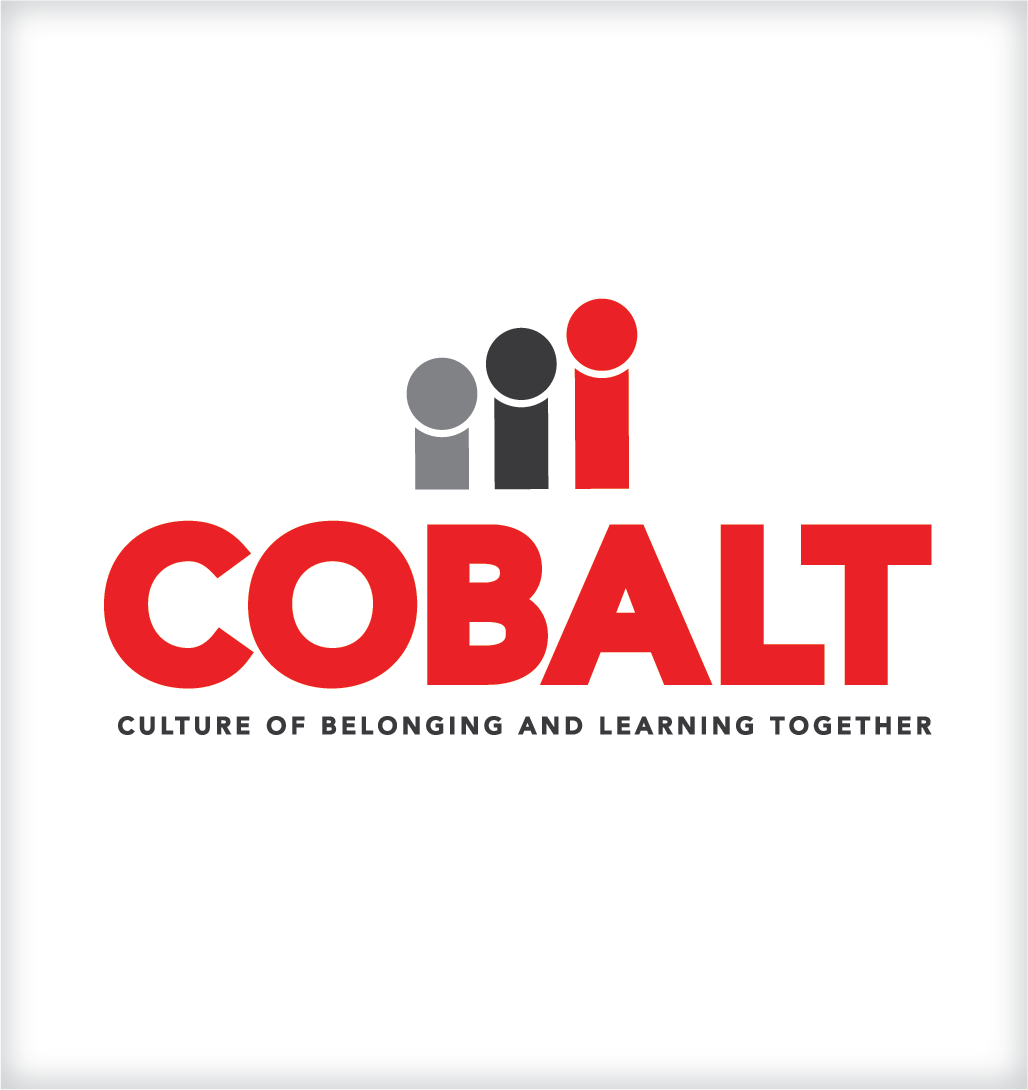
Social-emotional skills are what set remarkable leaders apart. In FY19, we began directly attending to the social-emotional growth of the teachers and leaders we serve and also kicked off an ongoing journey to transform mindsets in Georgia and beyond about the importance of social-emotional skills for enacting remarkable leadership. SEL isn't just for kids: it's for adults too.

We published findings from a study that set out to answer three key questions:
- How important is social-emotional learning for Georgia's leaders?
- How are schools and districts supporting social-emotional learning for adults?
- What social-emotional skills matter most for leader success?

We launched a dialog campaign that engaged over 375 business and education leaders at key convenings hosted by the Georgia Association of Education Leaders (GAEL), the J.W. Fanning Institute for Leadership Development, the Georgia School Superintendents Association (GSSA), the Georgia School Boards Association (GSBA), and the Georgia Chamber of Commerce.
We facilitated dialog with 200 participants through our Twitter Chat and illuminated the connection between leader SEL, school culture and school safety in our AJC Op-Ed for an even broader audience.

Our research identified a gap between leader demand for self-guided resources to grow their social-emotional skills and supply. This gap informed the launch of GLISI’s Leader SEL Toolkit, a free resource that goes beyond merely filling an information gap by inviting leaders to exercise their SEL muscle.
The toolkit has been accessed by 1,543 unique visitors since launch in June 2019.

Transformation isn't taught; it's experienced. Graduates of the Aspiring Leaders Program don't leave with a "How to be a Leader" playbook. They leave with clarity about their personal leadership brand, honed through opportunities to learn, reflect, practice and receive feedback. The experiential design transforms the way alumni show up, challenges long-held assumptions they hold about themselves and what’s possible, and sparks breakthroughs that long outlast the duration of the program.
The Q&A below offers more detail about GLISI’s design choices and their connection to one Aspiring Leader’s personal transformation.

Letishia Seabrook Jones, Ph.D.
Senior Program Director
Q: What are the design choices that you believe contribute to transformation in GLISI’s Aspiring Leaders Program?
A: Aspiring Leaders is about more than teaching someone how to lead and then awarding a certificate at the end of a course. More than anything else, we see the program as a chance for leaders to learn more about how their school system defines leadership excellence, to examine their own beliefs about what makes leaders great, and then guide participants through a significant amount of self-reflection to identify where their strengths already lie and where they have space and room to grow. The integration of self-reflection and authentic opportunities to practice and hone new skills is what contributes to meaningful learning and actual change in how people lead, not just what they know.
Q: How does this work with Aspiring Leaders affect school culture?
A: Leaders have a profound influence on culture, which is living, breathing and fluid. As graduates return to their classrooms or transition into administrative positions, they report exerting influence on the climate and culture of their organizations in a variety of ways. Examples include asking different questions of themselves or of school and district leaders; challenging long-held assumptions about what works or what could work; being more open to the perspectives of others; and having a more informed lens on how to go about leading positive change.
The capstone projects can also have a more immediate impact on how students experience the climate and culture in the schoolhouse. Several alumni have reported bringing capstones like the launch of the Grizzlies Mentor Program featured in this report to scale. These are tangible, positive marks GLISI alumni are leaving on school culture that change lives.

Suzanne Pitz
Assistant Administrator, Forsyth County Aspiring Leader Cohort 5
Q: How did your thinking evolve as a participant in the Aspiring Leaders Program?
A: I used to think leadership was equivalent to hard work and long hours and that one person working long and hard was great leadership. Now, I think that a leader is someone who inspires others to work alongside a leader towards a common goal. Leadership is more than just one person doing an excellent job. It is all about getting others on board and working together to do hard things.
Q: In what ways are you leading differently?
A: Before the program, I would rarely ask for help from others because I knew if I did it myself it would be done well. Now, I see that I need to build capacity in those around me to contribute to our cause because everyone deserves a shot a honing their skills. I don't operate as an island anymore.

Q: How has your school culture improved?
A: Culture is always evolving. I know that I have an impact, and that this program has given me the tools to be a change-maker. I challenge myself daily to bring progressive ideas, suggestions and implementation plans into the school.

Due to the widespread interest among district leaders, legislators, and leadership development providers in the importance of leader social and emotional learning, we are launching a new service line in FY20. COBALT (Culture of Belonging and Learning Together) will explicitly focus on the social-emotional growth of school leaders.
This new service line supports the development of six core SEL competencies: practicing actionable self-reflection, developing generative relationships, cultivating trustworthiness, facilitating meaningful conversations, thinking systemically, and developing equity consciousness.
We are currently piloting our work in Carroll County School System and Clayton County Public Schools and look forward to sharing stories of impact in our FY20 annual report.


